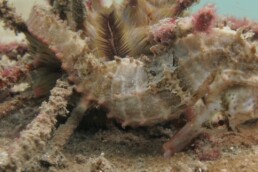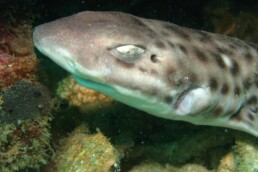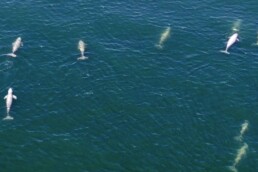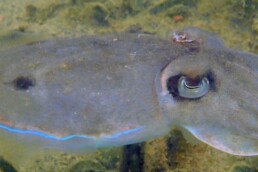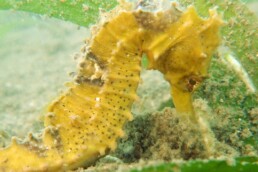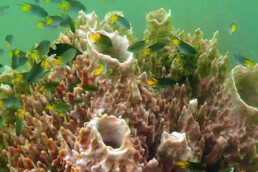Location
Province of Kep, Cambodia
Goal
Bring about the recovery of severely damaged marine ecosystems, including seagrass beds, coral reefs and fish communities
Project Field Partner
Marine Conservation Cambodia (MCC) is a non-profit organization that advances marine conservation and community livelihoods in collaboration with the Cambodian Fisheries Administration. MCC is making a striking difference on a modest budget.
Size of Area Involved
16,900 hectares (169 km2)
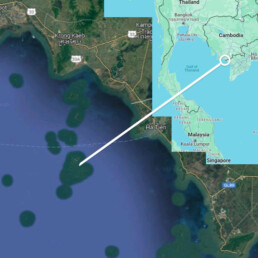
Maps data © 2024 Google
Conservation Value
Seahorses, seagrass beds, coral reefs and a wealth of marine biodiversity in Cambodia need urgent conservation action and this project is showing the way. In April 2019, the Kep Archipelago was declared a Hope Spot by the international nonprofit Mission Blue in recognition of the impact that the conservation efforts of Marine Conservation Cambodia has had in preserving the area’s unique seagrass meadows and sensitive marine species.
Cambodian marine ecosystems and local fishing communities are being destroyed by illegal and destructive fishing practices of large-scale bottom trawling and electric fishing. Protection and enforcement can turn this around. Marine Conservation Cambodia is building on past success in curtailing these practices, allowing marine ecosystems to recover and improving livelihoods for small-scale family fishers.
Actions & Results
The MCC team passed a milestone in having deployed 270 conservation and Fisheries Production Structures in Cambodian waters. These structures, made from concrete blocks, protect the Kep marine fisheries management area and areas important for marine mammals such as the Irrawaddy dolphin (EN). Fisheries Production Structures which entangle trawl nets, continue to prove highly effective in deterring illegal fishing. This has inspired similar action in neighboring Kampot province where MCC worked with Wild Earth Allies and local fishing communities to deploy these structures.
These concrete anti-trawling devices are low-cost and effective.
In addition, the devices serve as a substrate for many marine organisms including oysters and mussels, thereby boosting opportunities for local fishers. Depending on their size, anti-trawling devices cost just $55 to $140 to make.
Ongoing MCC mapping of seagrass meadows in Kep and Kampot has found 1,202 hectares of seagrass regrowth. Seaweed, corals and bivalves are also recorded. The recovering marine ecosystem offers food and shelter to a diversity of marine life. The MCC Marine Mammal research team were thrilled to witness the return of two emblematic species in Kep and Kampot waters: the Indo-Pacific Humpback Dolphin (aka Pink Dolphin; VU) and the Dugong. Cambodia’s marine life is coming back!

